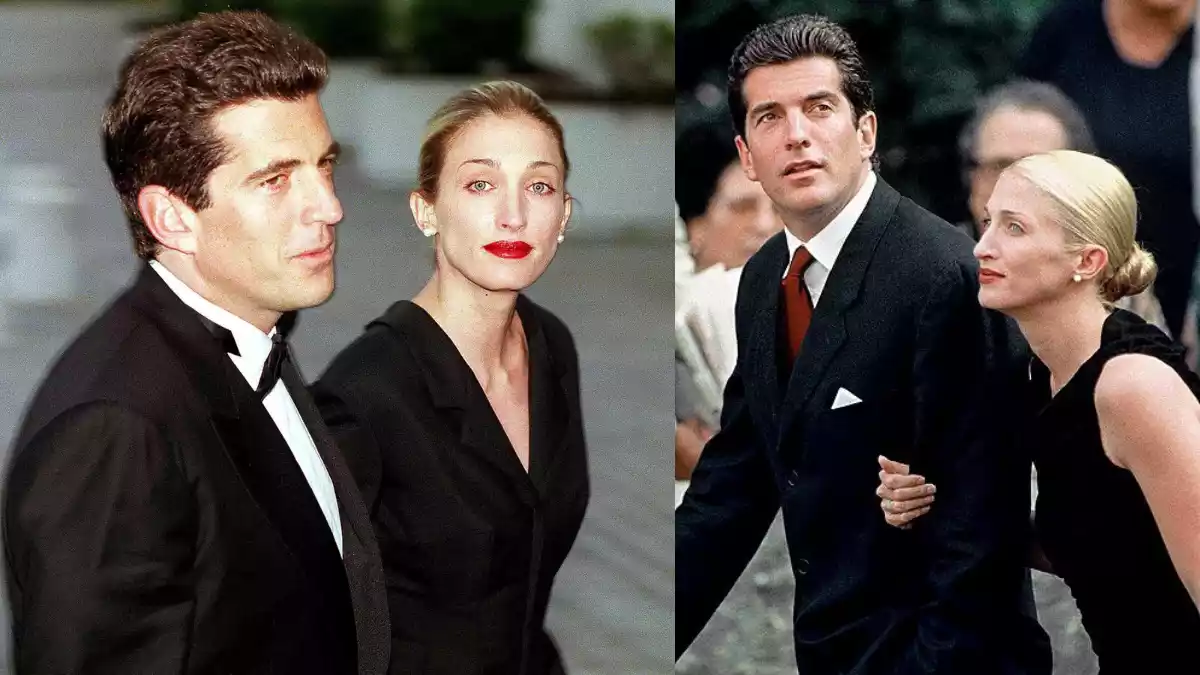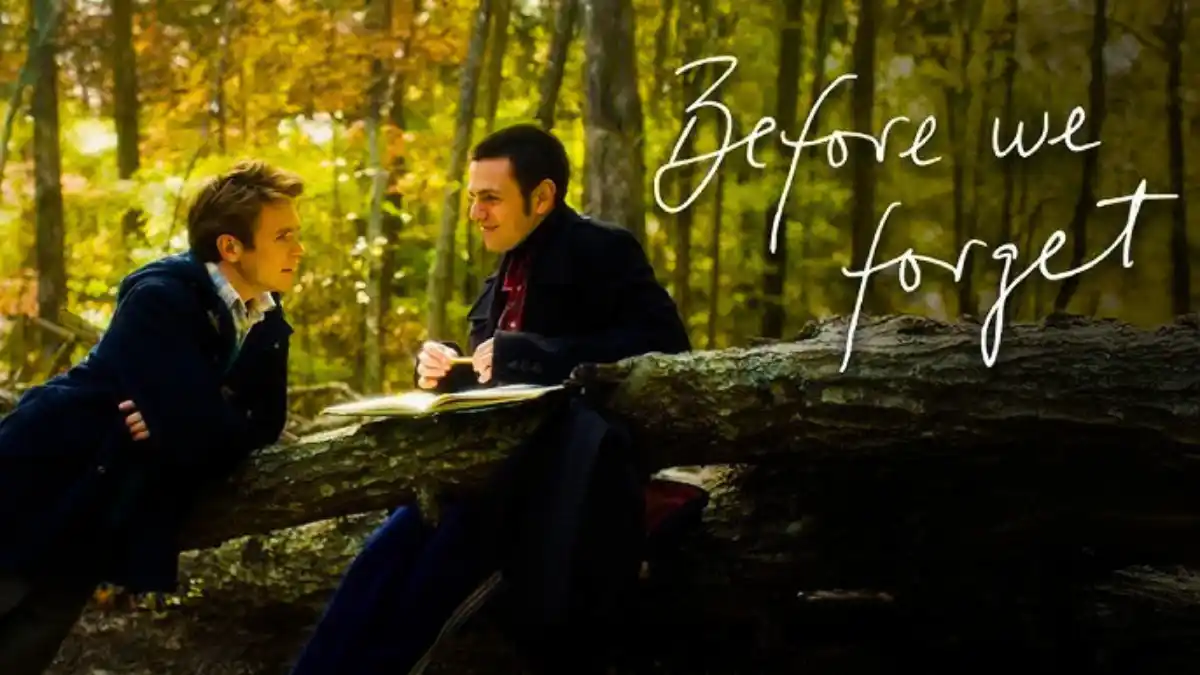Promised Sky, directed by French-Tunisian filmmaker Erige Sehiri, is an evocative and deeply moving film that delves into the complex lives of African immigrant women in Tunisia. Selected to open the prestigious Un Certain Regard section of the Cannes Film Festival, the film explores themes of solidarity, conflict, and displacement, weaving a rich narrative about four generations of Ivorian women struggling to find their place in an unfamiliar land.
A Heartfelt Story of African Immigrant Women in Tunisia
Set against the backdrop of Tunisia, Promised Sky follows the lives of four women—Marie (Aïssa Maïga), Naney (Debora Lobe Naney), Jolie (Laetitia Ky), and a displaced child named Kenza (Estelle Kenza Dogbo). The film begins with a sense of unity among the women, as they care for Kenza, a child who miraculously survived a migrant shipwreck. As the women tend to Kenza’s needs, the audience is introduced to their distinct socio-economic positions, which add complexity to their relationships.
Marie, a former journalist turned pastor, opens her home to Kenza, following her humanitarian spirit. Naney, an undocumented mother who left her child behind in search of a better life, struggles with the harsh realities of living as an immigrant. Jolie, the only documented member of the group, discovers that her legal status does not shield her from the prejudice and racism that persist in Tunisia.
Real-Life Inspiration and Authentic Cinematic Style
The film draws inspiration from real events and portrays the lives of marginalized African immigrant women in a deeply authentic manner. Erige Sehiri’s documentary-style filmmaking, complemented by Frida Marzouk’s poetic cinematography, lends a sense of realism to the narrative.

Promised Sky is more than a linear story—it’s a cinematic journey that immerses viewers in the chaotic, messy, and often unpredictable lives of the characters. Through its observational style, the film captures moments of joy, pain, and uncertainty, offering a poignant exploration of identity and belonging.
Complex Female Relationships and Struggles for Dignity
While Promised Sky showcases the intricate dynamics of female relationships, it also highlights the broader struggles of African immigrants in Tunisia. The film presents a unique perspective by focusing not on Europe—often the setting for films of this genre—but rather on African women facing adversity within the African continent.

Marie’s struggle revolves around her role as a spiritual leader, providing guidance and hope to those around her. Naney’s battle is with survival, trying to make ends meet in a foreign country while longing to bring her child to Tunisia. Jolie, on the other hand, grapples with her privileges as a documented resident, realizing that her legal status doesn’t protect her from the deep-rooted racism she faces in her adopted home.
Through these personal battles, Promised Sky reveals the universal theme of resilience in the face of systemic challenges.
The Power of Realism and Poignant Performances
The film’s most powerful moments come from its neorealistic approach, focusing on street life and everyday struggles. Sehiri’s documentary-style direction captures the harsh realities of being a migrant in Tunisia, portraying the women’s lives with an honesty rarely seen in fictional cinema.

Promised Sky also shines in its portrayal of anti-migrant sentiments, which are echoed in many parts of the world. In one particularly harrowing scene, the film reveals the spread of false rumors in Tunisia, accusing migrants of eating domestic cats—a disturbing and inflammatory lie that mirrors similar xenophobic myths around the globe.
Naney’s performance is one of the film’s standout elements. Her heart-wrenching monologue near the end about the futility of her hard work and perseverance highlights the emotional core of the film. Even in its most challenging moments, Promised Sky maintains a profound sense of dignity and humanity, underscoring the strength of the women at its center.
Conclusion: A Unique and Moving Drama
In its portrayal of marginalized African women fighting for dignity and belonging, Promised Sky stands out as a rare and compelling drama. Sehiri’s film, with its authentic storytelling and powerful performances, offers a thought-provoking commentary on the challenges faced by African immigrants in Tunisia.
The film goes beyond the boundaries of a typical immigrant story, presenting a layered narrative that explores identity, solidarity, and the struggle for a better future.For anyone interested in a poignant and realistic depiction of immigrant life in Africa, Promised Sky is a must-watch.
Have you seen Promised Sky yet? Share your thoughts on the film’s portrayal of immigrant life in the comments below! Don’t forget to explore more of our in-depth film reviews and analyses. Thanks for reading! For more updates and insights, visit us at newsbaazi.com. Stay tuned for more!
FAQs:
What is the plot of the movie Promised Sky?
Promised Sky follows four generations of Ivorian immigrant women in Tunisia as they navigate solidarity, conflict, and displacement in their new home.
Who directed Promised Sky?
The film is directed by Erige Sehiri, a French-Tunisian filmmaker known for her intimate storytelling style.
What makes Promised Sky unique in its portrayal of African immigrants?
Unlike many immigrant films set in Europe, Promised Sky highlights the struggles of African immigrants within Africa itself, focusing on their experiences in Tunisia.
What are some key themes explored in Promised Sky?
The film explores themes of female relationships, immigration, racism, resilience, and the fight for dignity, particularly within marginalized African communities.
What kind of cinematography can viewers expect from Promised Sky?
Promised Sky features a documentary-style approach, using poetic cinematography by Frida Marzouk to capture the raw, authentic experiences of the characters.













1 thought on “Promised Sky: A Powerful Drama of African Immigrant Women Defying Odds in Tunisia”